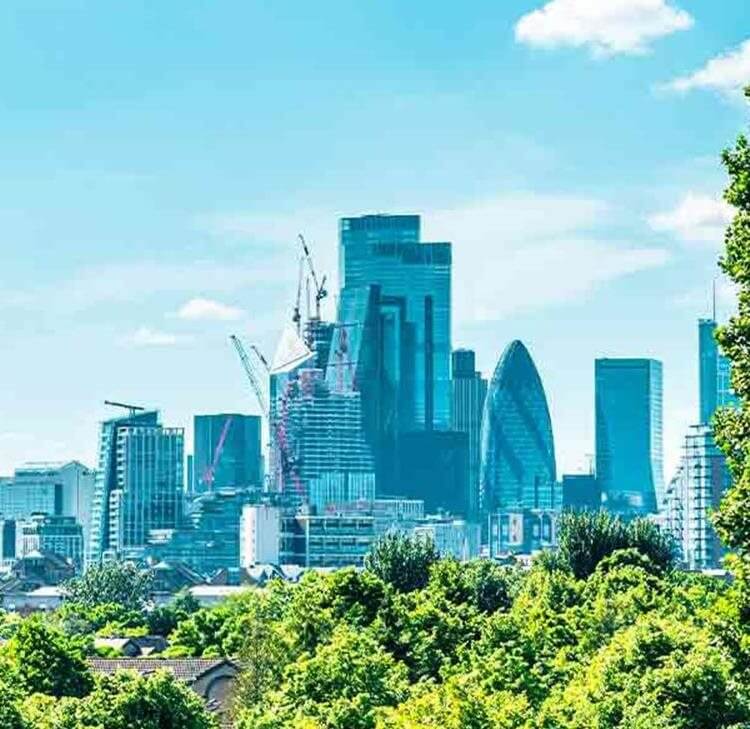Digest:
- COP15, the 15th meeting of the Conference of the Parties to the UN Convention on Biological Diversity, took place from 7-19 December in Montreal, Canada.
- Whilst COP27 generating significantly more attention than COP15, there is a growing consensus that both the loss of biodiversity as well as climate change are two of the biggest threats to the planet.
- Insurer Swiss Re has estimated that over half of global GDP (41.7 trillion US Dollars) is dependent on a healthy natural world.
- The outcomes from COP15 have generated controversy, and we’ll be looking at these in the next edition.
Source/Context:
COP15, the 15th meeting of the Conference of the Parties to the UN Convention on Biological Diversity, took place 7-19 December in
Montreal, Canada. It has been dubbed “the most important summit you’ve never heard of” by the New Statesman. Despite ecosystem services provided by biodiversity helping provide us with the water we drink, the air that we breathe and the food that we eat, biodiversity is declining faster than at any time in human history. According to the Intergovernmental Science-Policy Panel on Biodiversity and Ecosystem Services, 1 million species face extinction. Whilst COP27 generating significantly more attention than COP15, there is a growing consensus that both the loss of biodiversity as well as climate change are two of the biggest threats to the planet. With the summit viewed as a once- in-a-decade opportunity to set a new global deal for nature, it is likely that a number of decisions will have an impact on the corporate world.
What does this mean for the FS and other industries?
Insurer Swiss Re has estimated that over half of global GDP (41.7 trillion US Dollars) is dependent on a healthy natural world. To take just two examples of biodiversity’s importance: more than 75 per cent of global food crops rely on animal pollination, whilst marine and terrestrial ecosystems are the only sink for anthropogenic carbon emissions. The aim of COP15 is to adopt the Post-2020 Global Biodiversity Framework, its vision being that by 2050 “biodiversity is valued, conserved, restored and wisely used, maintaining ecosystem services, sustaining a healthy planet and delivering benefits essential for all people”. The long-term targets for both 2030 and 2050 will require national effort. We are likely to see a shift in attention from just carbon offsetting and planting trees to biodiversity offsetting and nature restoration. This was reflected in the establishment of the Taskforce for Nature-related Financial Disclosures in 2020 and the recent FCA consultation paper on Sustainability Disclosure Requirements and investment labels which outlined that “a firm managing assets likely to be impacted by measures to protect biodiversity may set out how and why it has prioritised the management of biodiversity-related risks and opportunities.” To regard this summit as simply for conservationists and academics would therefore be wrong; decisions made at the summit could impact the financial services world for decades to come.
Contents
- ESG in 3D, December 2022
- Long live king coal?
- Code of Conduct for ESG data and ratings providers
- All the pieces of the conduct puzzle: Governance, culture, D&I, innovation
- Voluntary offset markets for carbon – a bad atmosphere?
- ‘Decentralised and autonomous’ – evolution or misunderstanding of unincorporated association law?
- Additional matters
Contact

Mark Hickson
Head of Business Development
onlineteaminbox@brownejacobson.com
+44 (0)370 270 6000









































